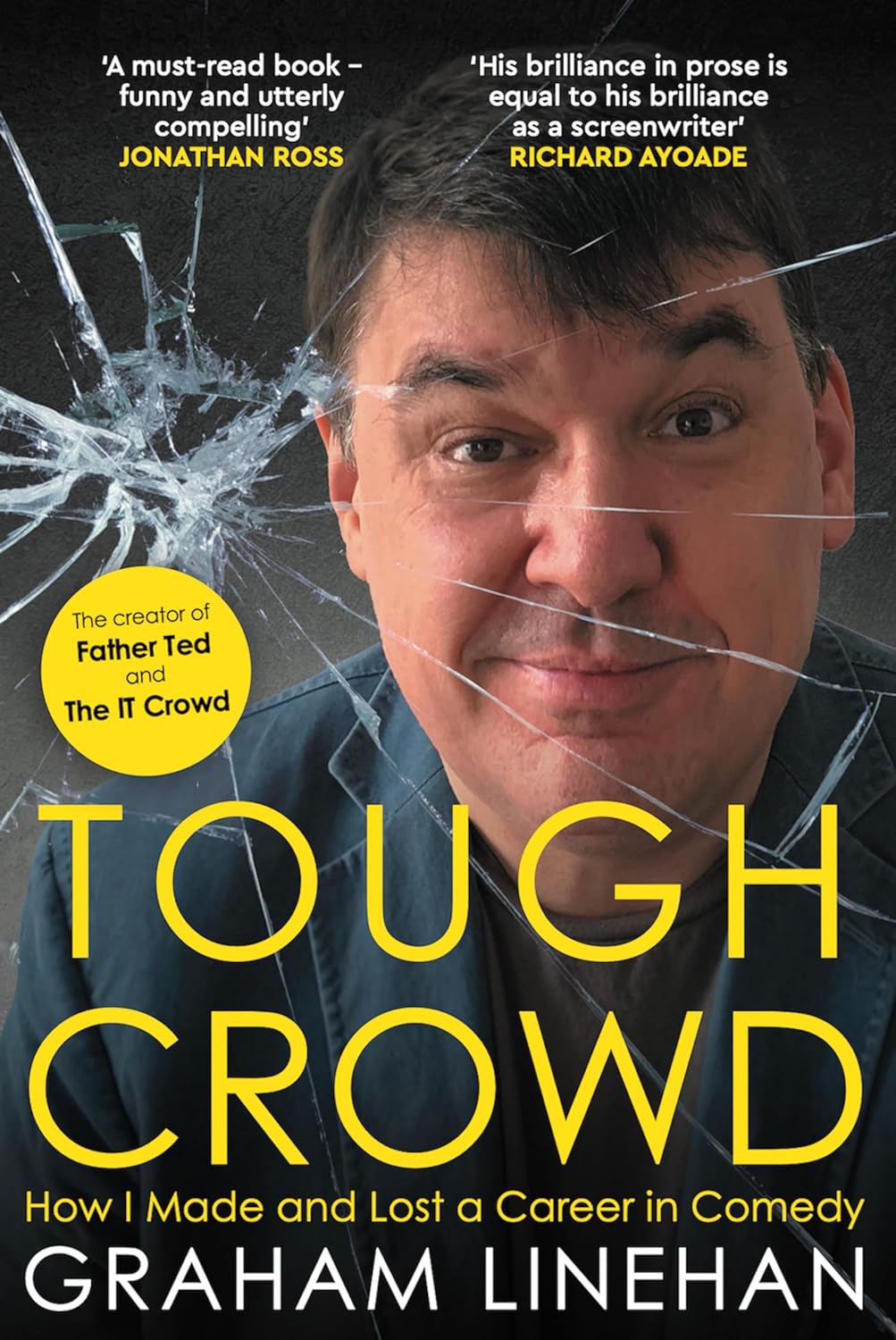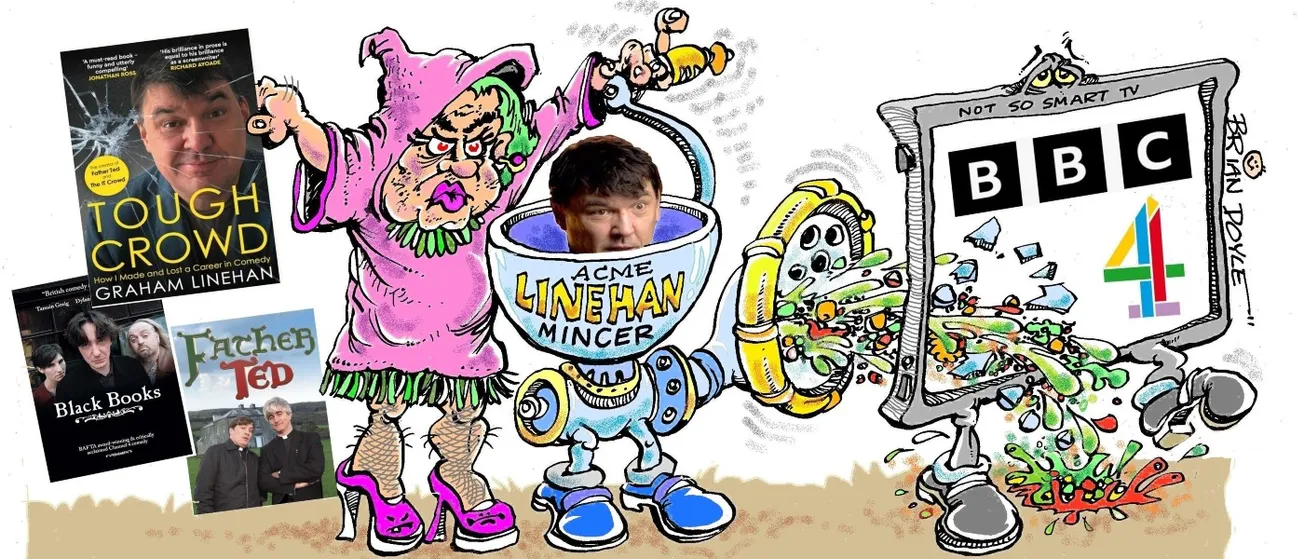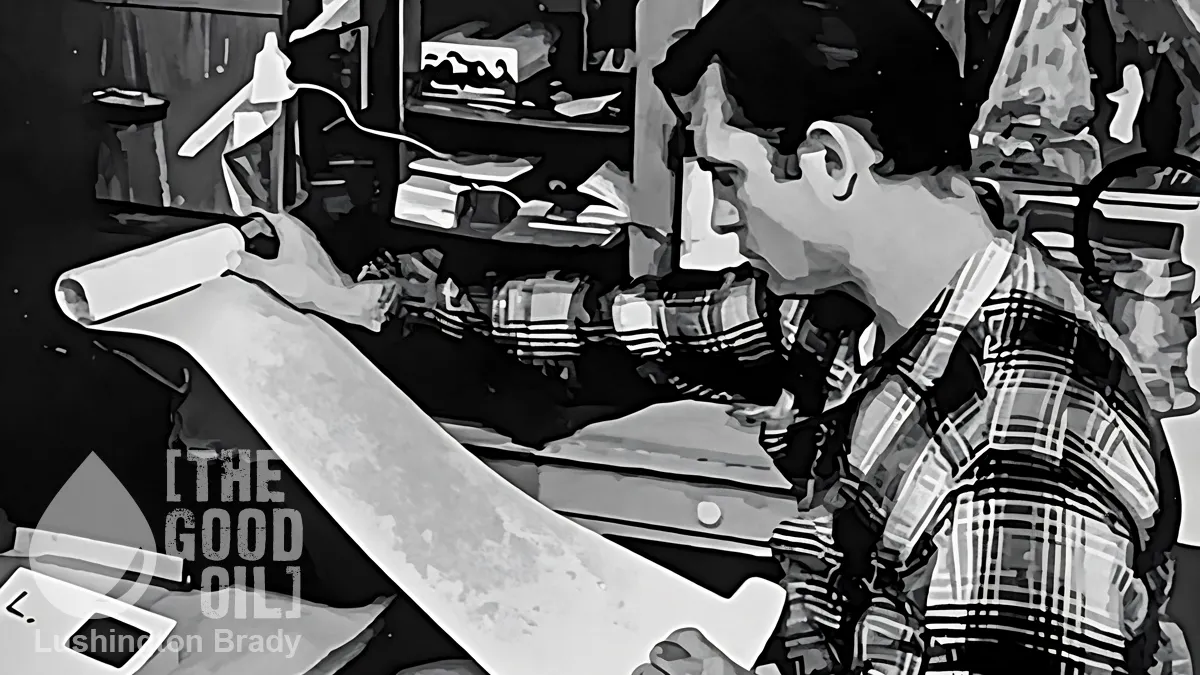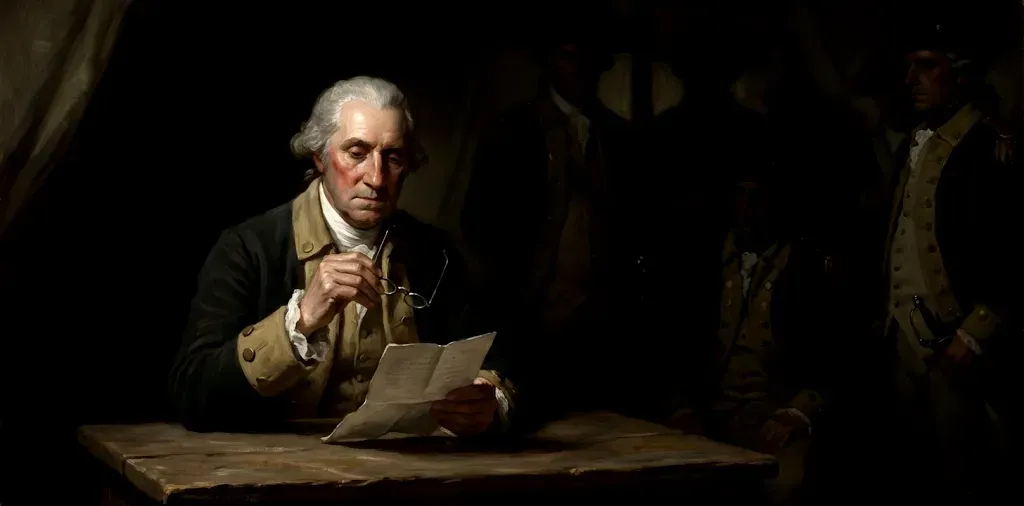Table of Contents
Steven Tucker
Steven Tucker is a UK-based writer with over 10 books to his name. His next, Hitler’s & Stalin’s Misuse of Science, comparing the woke pseudoscience of today to the totalitarian pseudoscience of the past, will be published in summer 2023.
Tough Crowd: How I Made and Lost a Career in Comedy
By Graham Linehan. Eye Books. 2023. 286 pages.
Following its publication earlier this month, my much-anticipated review copy of this book arrived a week or so later than originally expected, following receipt of a very vague email apologising for the “unexpected delay” from Amazon. What had gone wrong?
Hoping to see if anyone else had been affected, I came across a rather paranoid thread on the popular British chat-forum mumsnet, implying Amazon had deliberately staggered distribution of the product to its pre-order customers in order to prevent it appearing in the ‘Top 10 Bestsellers’ list. Apparently, typed some mumsnetters, the online books giant had pulled this very same trick before with other ‘controversial’ titles they had previously purchased.
When gossip website popbitch then reported (seemingly inaccurately) that the distinctly samizdat-style product had sold only 390 copies, failing to even make Amazon’s ‘Top 1,000’, never mind their ‘Top 10’, it looked as if Amazon’s nefarious plan had worked. Then, however, Tough Crowd’s author, Graham Linehan, went on Twitter/X to explain the true reason for the delay in distribution was actually that it had proved so popular that it had sold out of its initial 10,000 print-run immediately, hence Amazon’s delay in getting the thing to me in the post.

Yet direct sales to stores do not necessarily equate to actual sales to the public, muddying the waters a little. In its own story about this confusion, leading gay website PinkNews (which Mr Linehan feels has something of a vendetta against him) gleefully informed its readers that “on the Kindle ranking, Linehan’s book is trailing nearly 200 places behind a compendium of knock-knock jokes for kids.”
What could have been so controversial about a book which, to all surface appearances, looked like little more than the amiable memoir of an Irish-born co-writer of several successful and much-loved 1990s and 2000s British sitcoms and comedy sketch shows, such as Father Ted, The IT Crowd, Big Train, Count Arthur Strong and Black Books?
Quite simply, it is because, as the opening line of Linehan’s Wikipedia biography now has it, he is generally described in the British media these days as an “Irish comedy writer and anti-transgender activist”, albeit very frequently with those two professions switched around in their running order, as if his later path in life was somehow more significant than the other. Imagine if Oscar Wilde were to be listed as an “Irish homosexual and comic playwright”, and you get the general idea of how twisted this particular angle would be.
Thanks to the best efforts of deranged online trans activists, Linehan’s life today has been successfully split down the middle every bit as much as that of a Batman supervillain. If mild-mannered Gotham City District Attorney Harvey Dent had penned his autobiography during his early years, it would have focused upon his entirely blameless life putting local criminals safely away behind bars.
Had he written it following his sudden transformation into Two-Face following a gangster throwing acid in his face, sending him completely mad, however, then his life story would have focused upon his subsequent life in extreme organised crime instead. Linehan’s autobiography is likewise very much a game of two halves. As the book’s subtitle has it, the first is about how he made his career in comedy, the second about how he later lost it.
Canned laughter
Of the two, I have to say, as a big fan of Linehan’s work, I much preferred the first half of the book, which focuses upon his early existence in Ireland and subsequent success in the big wide world of the London TV comedy scene, back when it still had one. (As Linehan correctly observes, political correctness has now utterly destroyed the whole genre.)
By the very nature of its subject matter, the writing here is simply much more amusing and entertaining than in the second half, which focuses more upon how leftist lunatics set out to ruin his entire life for the non-crime of disagreeing with them about what a woman actually is – ie an adult human female, not an adult post-human cosplayer or blatant gender-grifter.
As someone happily raised on the programmes Linehan helped create, I loved reading about the making of some of my all-time favourite shows like Brass Eye, Jam, The Fast Show and I’m Alan Partridge, and the actors, writers and producers involved – many of whom, shamefully, later turned on Linehan after he had been publicly burned at the stake, even though he had been the man most responsible for making some of them famous in the first place, a bit like with JK Rowling and those ungrateful little brat child-actors from the Harry Potter franchise.
Some of these classic programmes, it must be said, would stand no chance of being commissioned or broadcast now. I recall a segment on fake TV news show The Day Today in which a ‘Gay Desk’ reporter named Colin Popshed reads out “today’s gayness” before cameras cut-away to the show’s anchor Chris Morris solemnly reassuring appalled viewers not to be alarmed as “He’s not gay, by the way: we would never employ a homosexual!” A sequence on spoof chat-show Knowing Me, Knowing You in which hapless host Alan Partridge tells a transvestite guest had been given away by his “great big flapping hands, like a goalkeeper!” would now no doubt be classified as an outright hate crime.
Actors and comedians who were once perfectly happy to create and participate in such now-verboten (and to my mind now even more hilarious because of it) sequences, but have since turned on Linehan now the prevailing pinks winds have changed, are nothing but cowards, quislings and hypocrites in my opinion. Then again, those who did stick with him through thick and thin – such as the comedy actors Richard Ayoade and James Dreyfus – ended up being cancelled or criticised too, so no doubt their fears and actions were not wholly baseless. Just craven and immoral.
Low comedy
Nonetheless, most readers of this book – and this review – will doubtless be most interested to hear about Linehan’s subsequent cancellation, being perhaps less nerdishly interested in the ins and outs of his early failed and forgotten sitcom Paris. Instead, they will want to hear about how Harvey Dent became Two-Face.
The answer is that, in 2018, whilst lying in a hospital bed doped up on painkillers following surgery to remove a cancerous testicle, he used his phone to post a tweet telling the blindingly obvious truth about The Emperor’s New Bra. It was not long before Linehan was receiving replies to the effect that “I wish the cancer had won” (some Queer Theorists do like their cancer, as I have shown elsewhere on Mercator recently …)
To such trolls, Two-Face Linehan really had now become a supervillain. He provides a handy list of the kind of things these lovely, ‘tolerant’, #BeKind people have since done to him, including a pro-trans doctor creating a fake medical prescription implying Linehan had gone clinically insane before spreading it all over the internet, and another weirdo ejaculating over a photo of him and posting it online for all to see. Although you may think these acts are blatantly crimes, it seemed as if the ideologically captured British police force were more interested in calling on Linehan himself, in order to provide him with intimidatory ‘advice’ about his future conduct.
Yet, the more Linehan was persecuted, the more he doubled down on his opinions – largely because they aren’t opinions; they are FACTS. Accurately calling transgenderism “a new, even more viral form of anorexia” being deliberately spread by morally and ideologically corrupt activists, medics, politicians and journalists online, he now maintains an entire website devoted to exposing the ever-growing extremism of the trans-cultists, The Glinner Update, where he has helped expose genuine gender scandals aplenty: and what doozies they are.
The CEO of Rape Crisis Scotland, it turns out, is a man in a dress who self-righteously complains of “bigoted” female rape victims who refuse to attend supposedly all-female group-therapy sessions just because some of the ‘females’ also present happen to possess penises (or ‘potential biological rape-implements’, as the real women present may understandably prefer to view them). Other ‘peaceful’ trannies and their allies go around nailing dead rats to the doors of female rape relief charities, or desecrating memorials to the dead babies of opponents.
That joke isn’t funny anymore
Linehan has a daughter and refuses to retreat even when the stress of his inevitable cancellation ends up costing him his marriage and comedy career. In the middle of co-writing a Father Ted musical, he is offered £200,000 simply to go away and let all the others involved stage the thing on their own. He says no, even though he desperately needs the cash, and the musical, like Linehan himself, is cancelled.
A 2008 episode of his oft-repeated sitcom The IT Crowd, in which one character (whose actor later publicly disowned him) inadvertently falls for a transvestite is permanently removed from broadcast by Channel Four, leading to Linehan refusing to work for the station ever again: when first broadcast, it was wholly uncontroversial, but never mind, it’s now highly dangerous to the physical and mental well being of cross-dressers, apparently.
Linehan also said he would no longer work with the BBC, after they broadcast open trans propaganda to toddlers on their CBeebies channel to warp young minds. As the BBC and Channel Four had been his main employers, this effectively meant Linehan would be sacrificing his comedy-writing craft completely.
Again and again, older high-ups in the arts and media industries, who know perfectly well what men and women are, cave in to the pressures of younger Maoist staff members drunk on their own misplaced sense of morality. One top theatre producer tries to include black actors with risibly fake ‘Oirish’ accents in Linehan’s proposed Father Ted musical, even though, as the show is famously set on a remote Irish island, this would be demographically unlikely to say the least; even more ludicrously, she also tries to impose black actors upon the cast of Sir Tom Stoppard’s play Leopoldstadt, which is about Jews living in Vienna in the run-up to the Holocaust. Then she has the nerve to order Linehan to stop campaigning on trans issues because (sigh) he is “on the wrong side of history”. What side of history is she on, then, if she reckons there were a load of Nigerians in Auschwitz?
Even some of the people who really should be Linehan’s allies now seem to have denied his name three times before cock-crow. In a broadly negative review of Tough Crowd in The Times, headlined ‘Memoirs of a Monomaniac’, feminist journalist Janice Turner, who has herself done much good work exposing the excesses of the gender-maniacs, dismissively labels Linehan as “Gender Jesus”. She talks disparagingly of his “hundreds of tweets a day”, “spraying [of] invective [like ‘groomer’] at showbiz folk”, and stunts like joining lesbian dating sites in a bad wig to expose how easy it now is for any old male wannabe-rapist to do such a thing.
For Turner, who was once on messaging terms with Linehan but has since blocked him, Linehan’s particular brand of activism meant “he was doing more harm than good and he clearly needed [psychological] help.” The feminist Turner accuses him of being “Good Sir Graham up on his charger, nobly defending maidens.” Maybe he should have sat back in his chair and just left you to it then, love? He just can’t win with some people, can he?
Most telling of all is the time when a producer surprisingly commissions Linehan to write a sitcom script based upon his own experiences called Cancelled, in which an arts-world figure says the wrong thing one day and ends up being… well, guess. Incredibly, he gets his first draft back covered with censorious notes from a newly employed ‘sensitivity reader’ with zero sense of irony, one of whose criticisms is that certain jokes should be removed as “people might think you’re making fun of Diversity and Inclusion measures.” These are the kinds of people who would have rejected Animal Farm on the grounds that some people might have construed it as potentially criticising Communism.
Don’t make me laugh
The strange thing is, Graham Linehan always considered himself a liberal. Before he himself fell foul of the online mob, he too had piled in against non-lefty opponents online, during early woke social-media furores like Gamergate, actions he now somewhat regrets. Having campaigned for the ‘Yes’ side in Irish votes about abortion and gay marriage, he also once considered himself to be ‘on the right side of history’, and was proud of the way the smash-hit popularity of Father Ted, with its cast of comically moronic Irish priests, apparently helped break down what he saw as the excessive lingering social authority of the Catholic Church in Ireland.
One of the best-remembered episodes of Father Ted was the one in which, due to a series of bizarre misunderstandings, the titular Father Ted Crilley is made to appear as if he is a neo-Nazi. Outraged, Ted begins to object that Nazis are nothing like Catholic priests as “fascists go around in black telling people what to do, whereas priests …” before stopping himself embarrassingly short in mid-sentence.
Yet, as Linehan now shame-facedly admits, in helping dispel one old theistic religion, he just accidently opened the door for a new and far more intolerant political one to goosestep into Britain and Ireland instead, one whose black-clad stormtroopers worship “The God of Gender” and have swapped tales of the miraculous Virgin Birth of Christ for equally miraculous tales of male pregnancies and penile menstruation.
Overall, Tough Crowd is well worth reading, both as a record of those happy days, not so very long ago, when comedy was still allowed to be funny, and of those rather sadder contemporary days when nothing is still allowed that same ‘immoral’ leeway. It is a good book, written for a good cause.
My main complaint would simply be that I enjoyed the first half of the memoir far more than the second, simply because it was much funnier. Linehan is a demonstrably amusing man and has the Baftas to prove it – perhaps he could have focused on satirising the wilder excesses of gender ideology in the second part of his book a little more? It does possess some innate comedy value.
When Linehan organises a protest letter at one point, he has to persuade ex-Monty Python star John Cleese that one of the cases he cites, about a mediocre male weightlifter pretending to be a woman so he can enter the female class and win gold against his biologically weaker opponents, is actually real. Finding it is, Cleese remarks that this was just the kind of thing the Pythons once wrote about, but only in jest, not in actuality – see this Life of Brian skit about a pregnant male, for example.
Personally, whenever I try to expose similar insanities in my own articles about these topics, I tend to try and mock them. Stories about men supposedly giving birth to puppies through their penises, or self-identified adult ‘babies’ living in Scottish prisons, are in my view, extremely funny… at least until you stop and consider the fact they are actually happening, at which point laughter may suddenly give way to deep depression. It would have been entertaining to see what Linehan could have done by way of making comedy from these loonies’ lies rather than just cataloguing them.
Then again, when you have your whole life ruined just for failing to fall into line and go along with such lies, perhaps you do begin to lose your sense of humour a little. The miserable, talentless activists who now control seemingly the entire mainstream TV comedy industry in Great Britain certainly have done, judging by the dismal state of the utterly unwatchable shows they vomit out onto our screens these days on a daily basis.
Linehan’s book opens with a quote from the late journalist Christopher Hitchens: “The people who must never have power are the humourless.” It’s a bit too late for that by now, I’m afraid.









